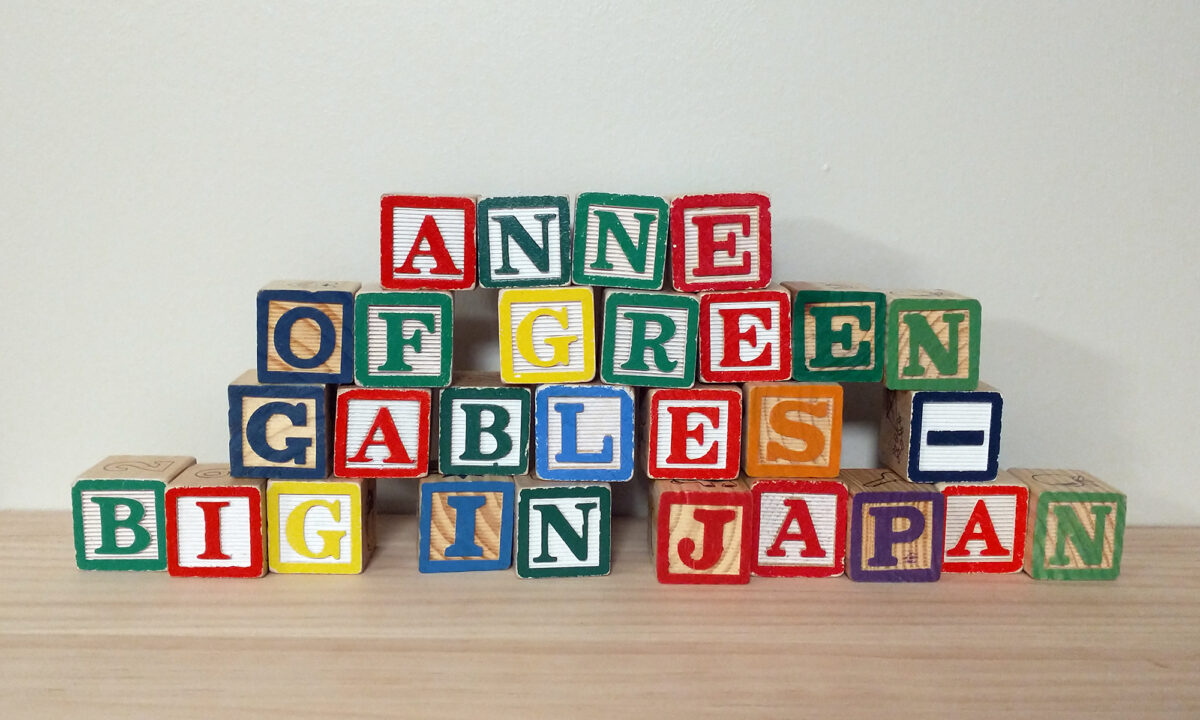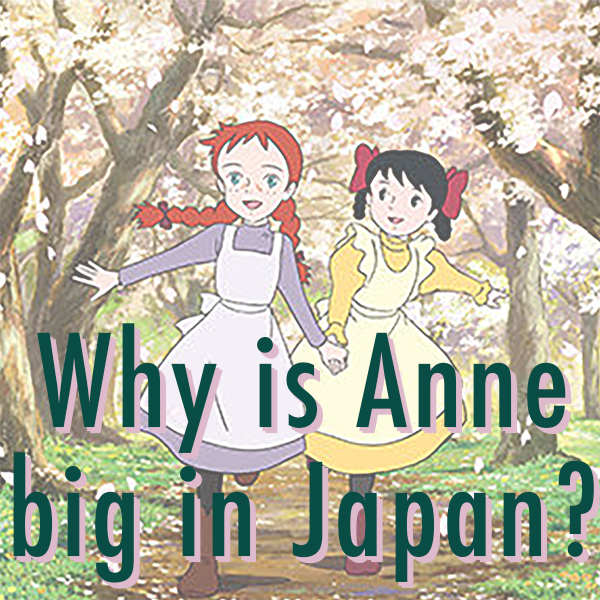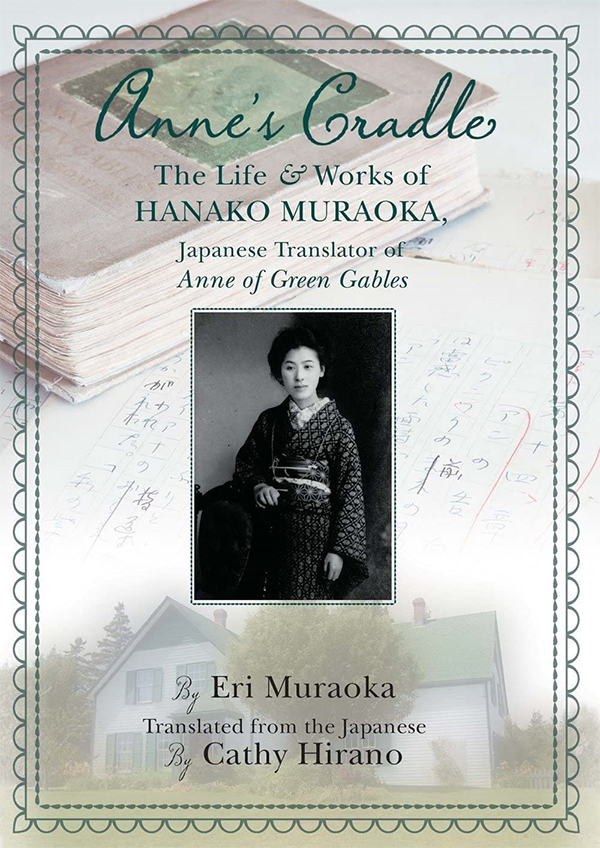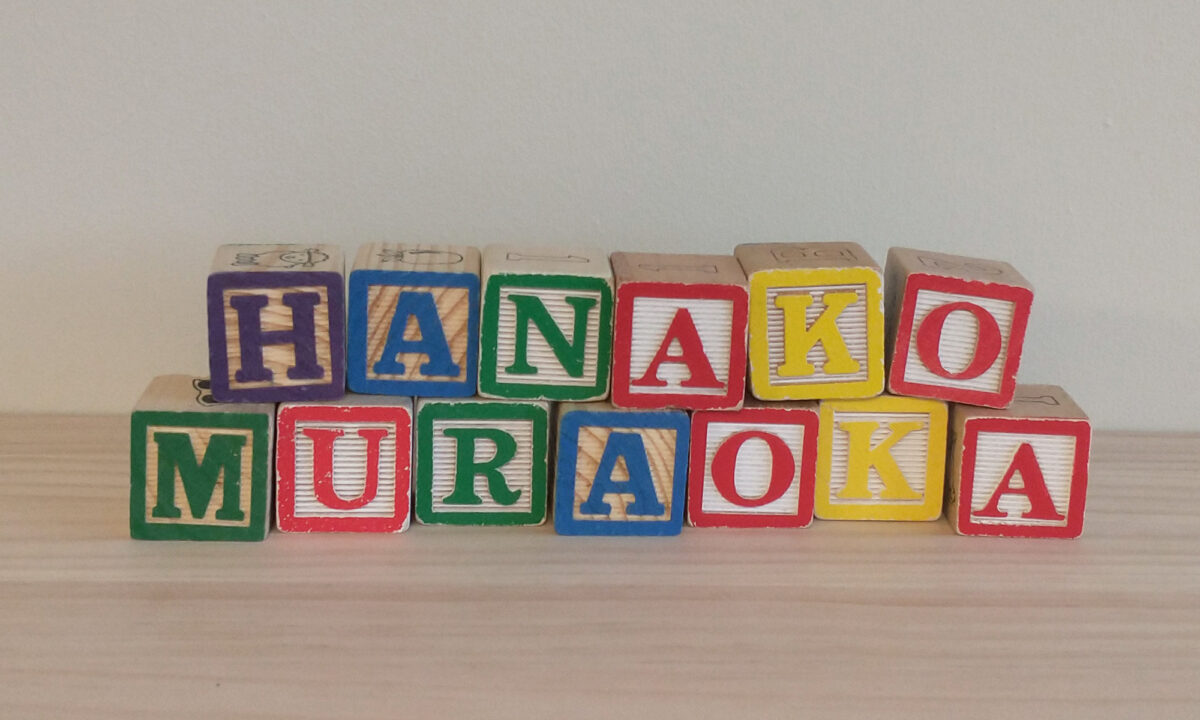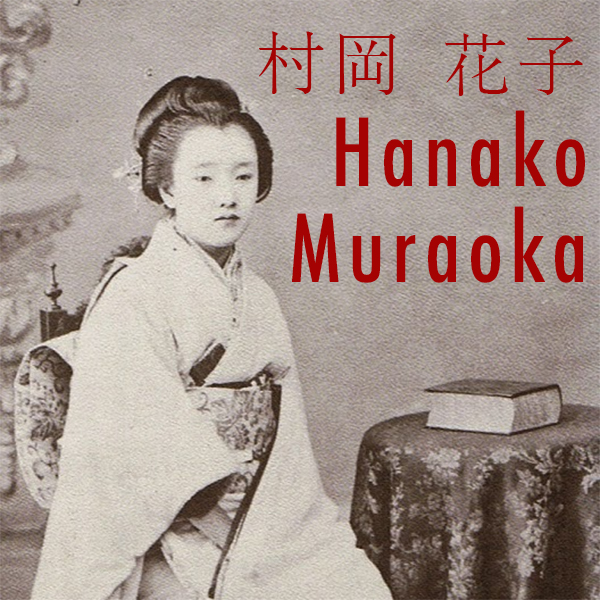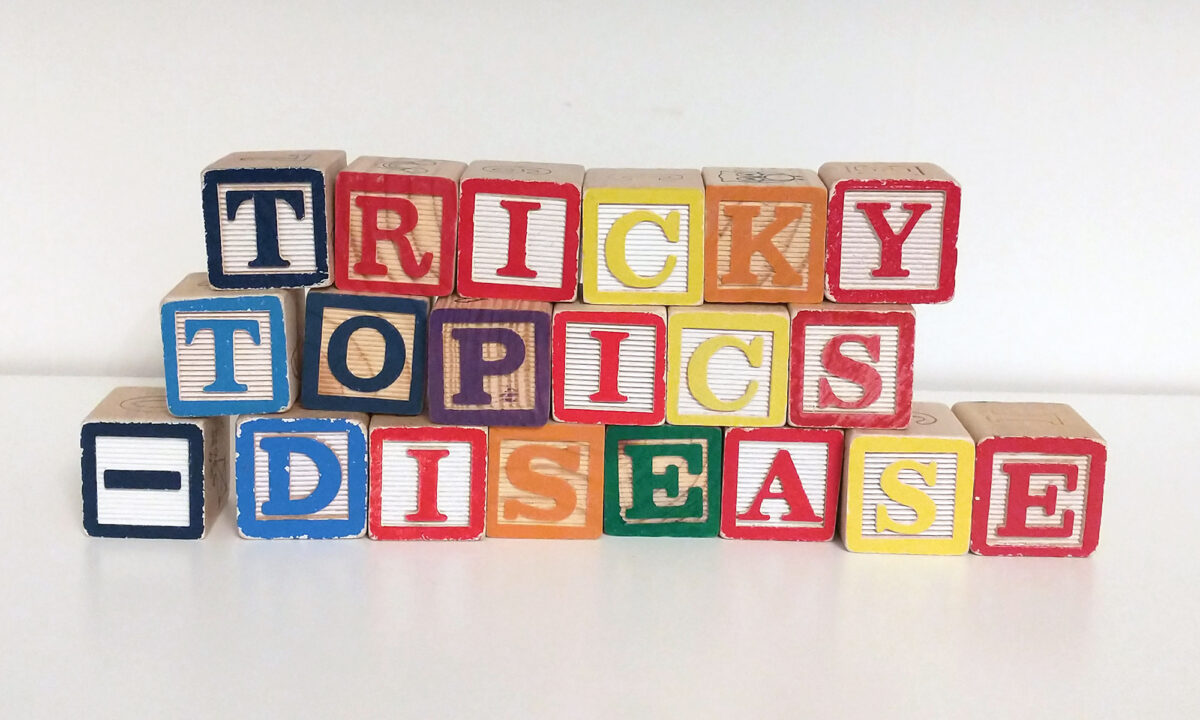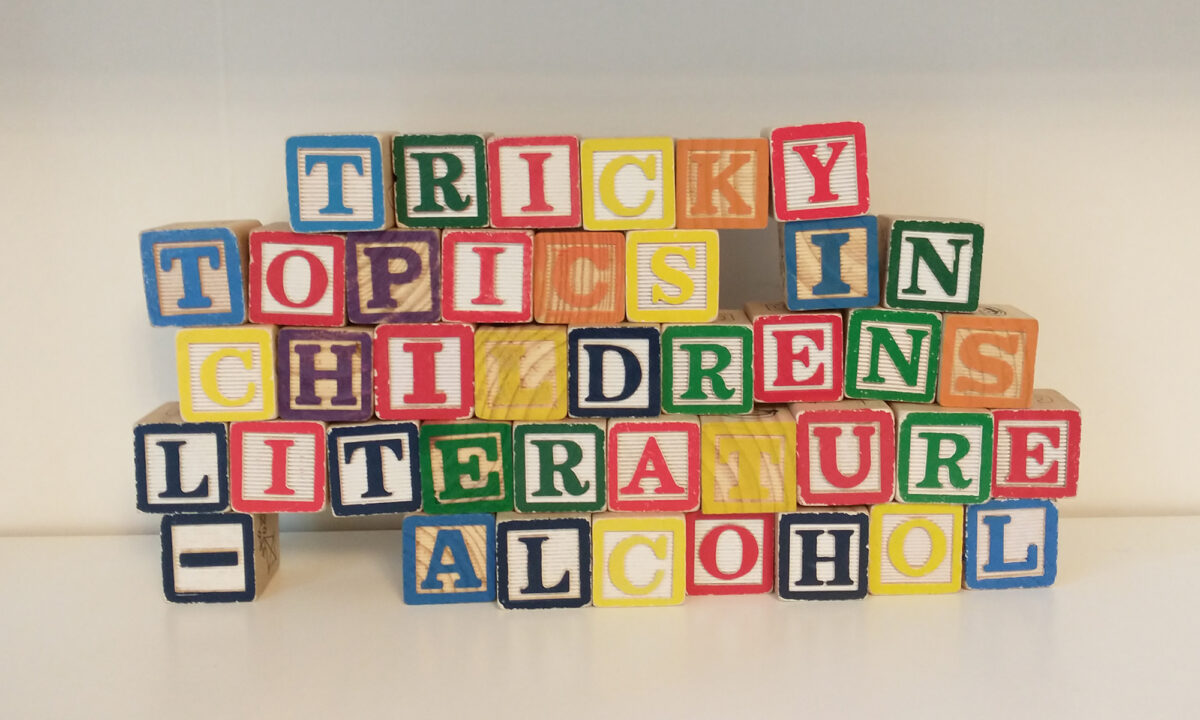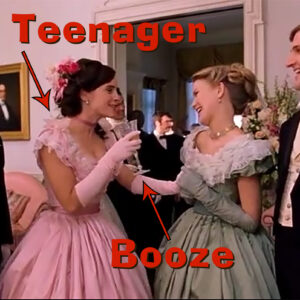Politics? In a story about a young teen girl from a tiny town in Canada’s smallest province from over 140 years ago? Actually, yes! Politics come up frequently in the classic novel Anne of Green Gables by Lucy Maud Montgomery, and they have some surprising things to say to modern readers, most importantly that we don’t have to let differences of opinion drive us apart.
This is the second to last installment in my series on Anne of Green Gables as a work of historical fiction. Hopefully it can help you think of ways to use Anne’s awakening to a wider world beyond the small village of Avonlea to start interesting conversations with your own kids about why people have such different views about how the world should be run, but also that we can be good friends with members of different political parties.
Activity: Kitchen Politics
In Anne of Green Gables, Anne asks Matthew questions which show that she is starting to become aware of a larger world. He understanding of politics is very limited, though, and is very naturally rooted in wanting approval from Matthew. She expresses support for the Conservative party when she learns that’s how Matthew votes, and her enthusiasm is reinforced by the fact that her school rival Gilbert supports the Grits.
This passage is a great lesson for both parents and children. Matthew doesn’t ever try to lecture Anne or tell her what to believe. He just listens and answers her questions (or, at least, responds as well as he can). Kids can also pay attention to Anne’s biases. She doesn’t actually support the Conservative party because she knows nothing about the policies they favor. She does seem to be paying attention to things adults say, though, as she relays Mrs. Lynde’s views on educational policy and votes for women. Encourage children to watch out for these kinds of biases as they become aware of the larger world. They should never support a political party because it happens to be the tribe they’ve landed in; rather they should engage with and work to understand the ideas and policies of political parties so that they can be confidently informed about the platforms and candidates they support.
In your discussion, don’t forget to point out that although many of the characters in Anne of Green Gables belong to different political parties, they are still friendly, respectful, and neighborly toward one another. Different points of view are helpful in figuring out which policies will be best and challenging bad policies. These differences are not the most important thing in life and do not mean people can’t be good neighbors and friends.

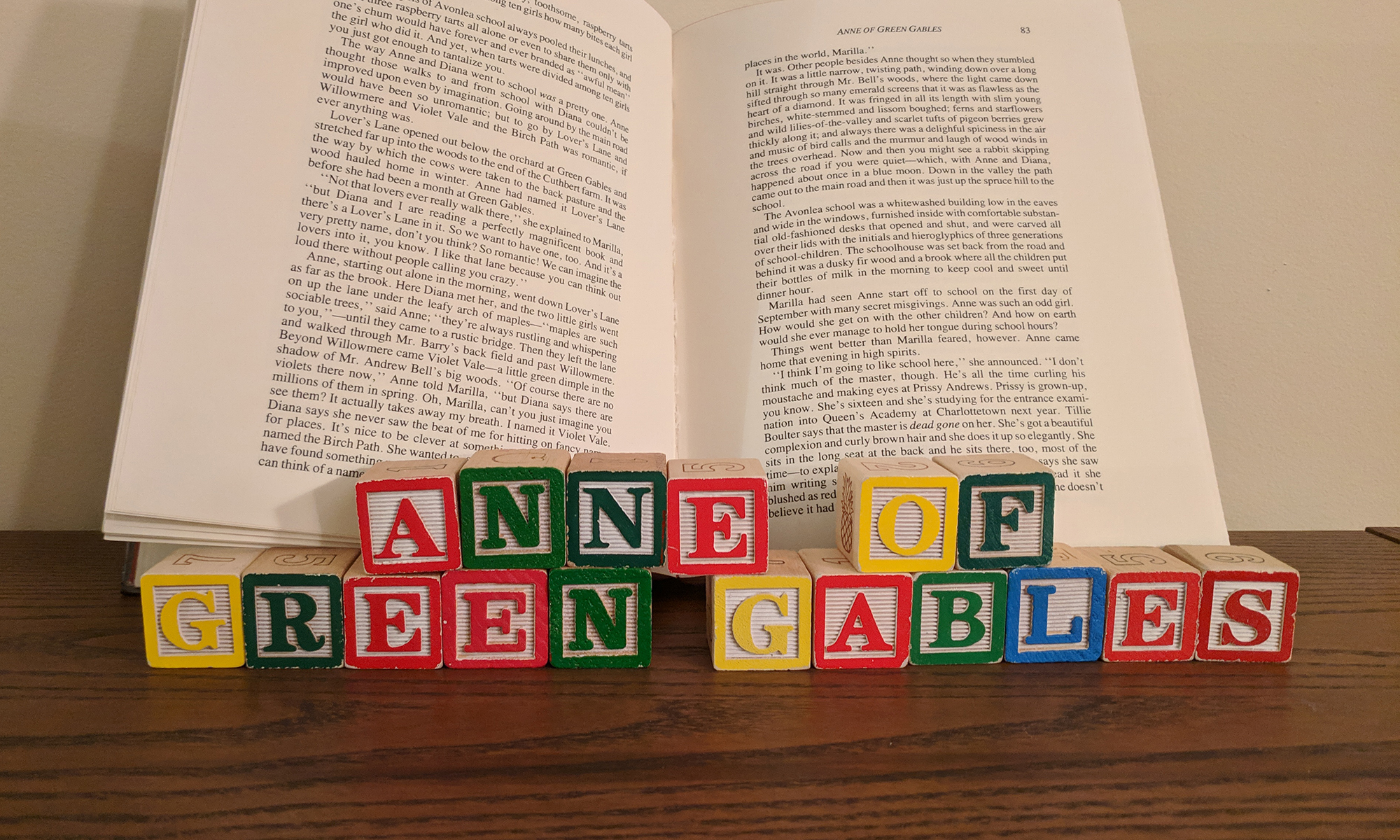
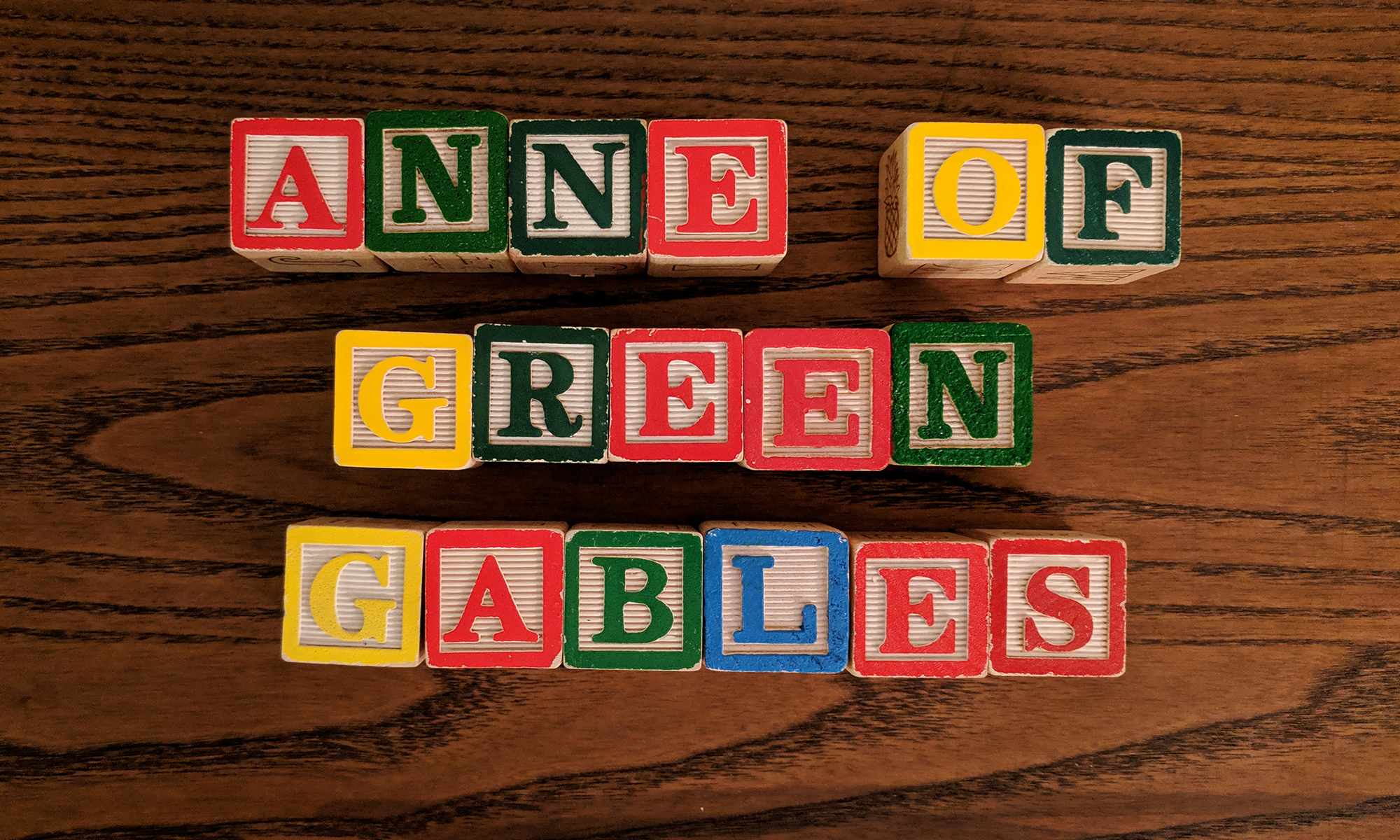
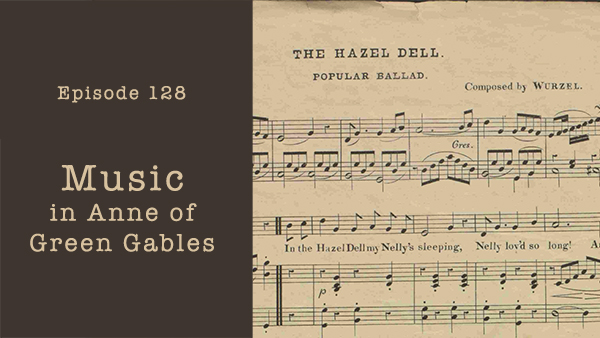
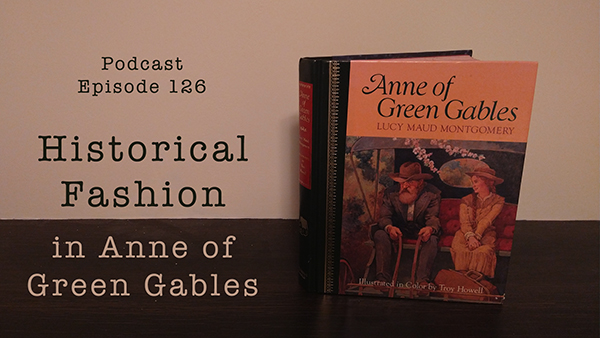 Activity: Teen Fashion Then and Now
Activity: Teen Fashion Then and Now